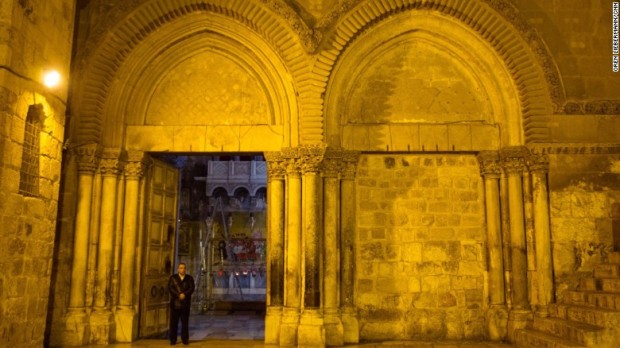Two Muslims in charge of Christian holy site keys for decades

Jerusalem (CNN)The key to one of Christianity’s holiest sites is held by a Muslim family, and it has been for centuries. This is more than just tradition. It is the very essence of Jerusalem, part of what makes the Old City’s cultural and religious history so special.
Cooperation is cemented in an old contract
How to submit an Op-Ed: Libyan Express accepts opinion articles on a wide range of topics. Submissions may be sent to oped@libyanexpress.com. Please include ‘Op-Ed’ in the subject line.
- HoR-Backed Government moves to end fuel subsidy - December 26, 2024
- Libya and Algeria bolster customs cooperation - December 24, 2024
- Reports claim S-400, S-300 missiles moved to Libya - December 24, 2024


